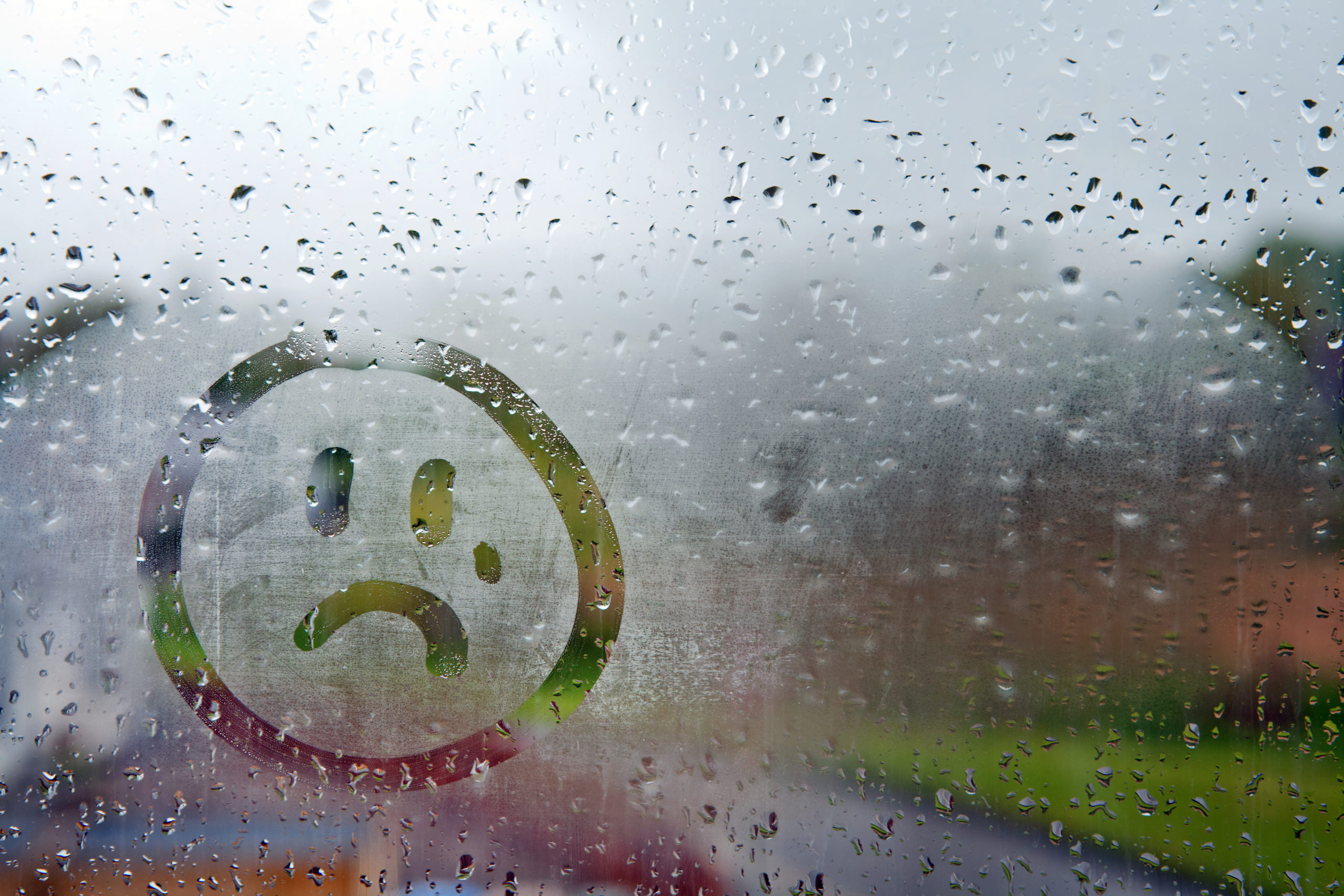Antiaging & Health TopicsAntiaging ArticlesAntiaging VideosAntiviral SolutionsCan C Eye DropsCuraderm BEC5® Skin CreamHealth ConditionsHealth SupplementsHot TopicsMetforminNutritional SupplementsPain ReliefPeptide BioregulatorsSpecialist ProductsSports & Workout Supplements

Seasonal Affective Disorder (SAD)
Seasonal Affective Disorder (SAD) is a relatively “new” condition, having been officially named, described and documented in 1984. Known as a seasonal form of depression, it is linked primarily to the Autumn and Winter months when daylight hours are reduced. That said, some people do suffer with it year round, if they do not spend enough time in natural light.
SAD sufferers display depressive behaviours including:
- Low moods that last for long periods of time
- Sluggish or “down” feelings
- Little or no energy or enthusiasm and a lack of passion
- Sleeping problems, which compound the issue
- Those who are badly affected may even have suicidal thoughts or tendencies
Did you know…
- It is unknown as to why people may suffer with SAD, especially as it seems to have a sudden onset where in previous years, the person affected may not have had the same problems in the Autumn and Winter months.
- Natural treatment for SAD includes lifestyle changes such as increased exercise which releases feel good endorphins, making the most of the natural light and being outside as much as possible, and investing in dawn simulation clocks or lightboxes to mimic natural light during dark hours.
- Vitamin D has been linked with maintaining overall health and wellbeing, so taking a Vitamin D supplement will boost your levels, especially in the Winter when we get less sunshine.

Try not to be SAD
15 February 2021
SAD (Seasonal Affective Disorder) was named, described and documented by Norman Rosenthal of the National Institute of Mental Health in…
Read More



